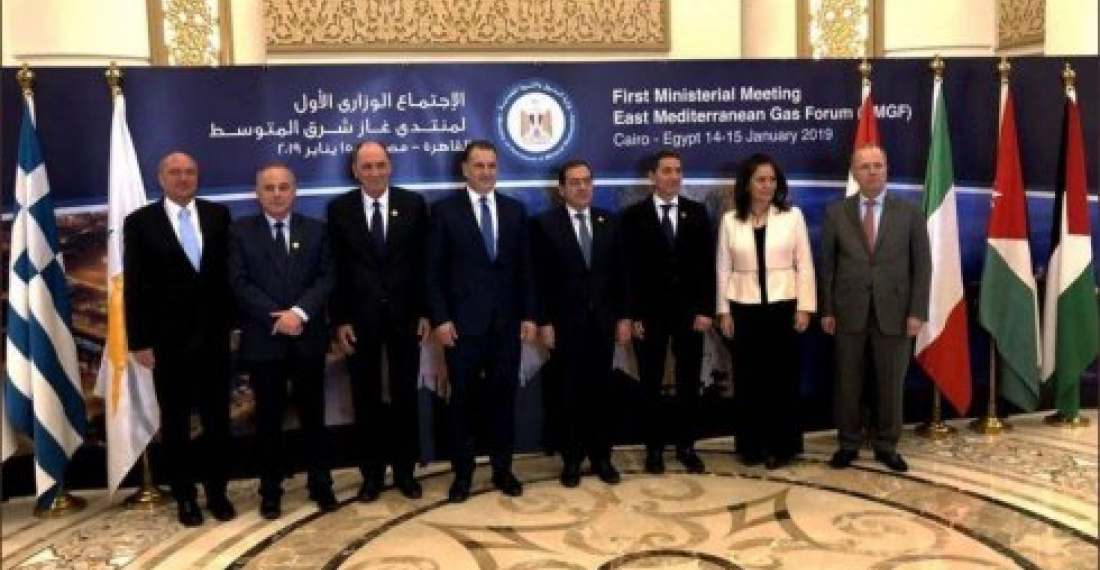Egypt, Israel, Greece, Cyprus, Italy and Jordan formally established the East Mediterranean Gas Forum (EMGF) as an intergovernmental organization in a virtual ceremony hosted by Cairo. The group rivals Turkey, which is embroiled in a bitter dispute with Greece and Cyprus over gas drilling rights in the region. France has also asked to join while the United States wants to be an observer.
Israel's Energy Minister, Yuval Steinitz said the deal "brings regional cooperation with Arab and European countries, the first of its kind in history, with contracts to export (Israeli) gas to Jordan and Egypt worth $30 billion, and that is just the beginning,"
Egypt is branding itself as a regional export hub for gas. However, transportation and infrastructure costs besides disputes with Turkey complicate the task.
source: commonspace.eu with agencies
photo: A meeting of the East Mediterranean Gas Forum (archive picture)







